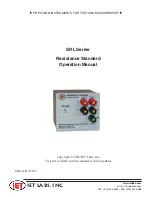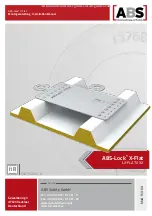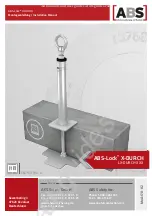
28
D-108 Owner’s Manual (Before Starting)
This is because when you perform a copy & paste, move & paste, or Auto Punch In/Out, the event is split
at the edito point. Also, if a continuous long recording is made, the recorded data might scatter to different
locations on the hard disk, thus dividing the data unto multiple events.
Countermeasures against accumulating too many events due to a long recording plus many editing
operations:
One solution is to save and re-load the data to and from a DAT, adat, or SCSI device. (If the song is too long,
you may not be able to save the data to a DAT or adat.)
In this way, multiple consecutive audio files are optimized into one continuous audio file in some cases.
Set the Clipboard In point and the Clipboard Out points within an unrecorded range to copy the area (the
area that contains multiple audio files and you wish to optimize) between them, then paste the data
starting from the same Clipboard In point. Multiple audio files within this range will become a single audio
file.
<Hints>
Make sure that you set the Clipboard In/Out points within zero files, and that you paste the area starting
from the same Clipboard In point.
* In any case, bear in mind that you cannot reduce the excessive number of events if the target range
contains a zero file.
0 File Audio File 1 Audio File 2
Audio File 4
Audio File 3
Audio File 5
Audio File 6
0 File
n+1
n+2
n+3
n+4
n+5
n+6
Recorded Area
Event Number
0 File Audio File 1 Audio File 2
Audio File 4
Audio File 3
Audio File 5
Audio File 6
0 File
n+1
n+2
n+3
n+4
n+5
n+6
CLIPBOARD IN point
CLIPBOARD OUT point
Event Number
















































